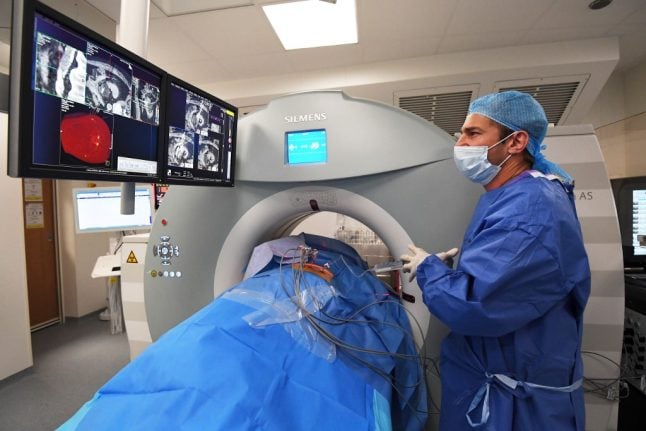The three staff members, one permanent, two temporary, were reported by another temporary worker at the home, which is run by Attendo Care.
Apparently when the sick patient did eventually die the staff members involved then compounded the situation by mocking the victim and putting sunglasses on the corpse.
It was a temporary worker who was at the death bed of the patient that reported the incident to her superiors who then filed a police report, with the trio also having been reported to the police after admitting to their actions.
Jonas Morian, press officer at Attendo Care, told Smålandsposten said that the three staff members admitted responsibility straight away.
”Yes, they admitted it, but there were varying degrees of how seriously they perceived it to be,” he said.
Attendo Care has come under fire recently with a series of allegations made against the company for its treatment of patients at the homes it runs.
In one case in Uppsala, a man suffering from cancer was left so long lying in his own faeces that it had dried up before he was finally treated.
Meanwhile, in a second case in a nursing home in Lidingö near Stockholm, a patient went 14 days without having their bandages changed.
The company stands accused of cutting staff to unacceptable levels in order to increase profits – Attendo Care’s turnover increased by 44 percent in the first quarter of this year, according to Dagens Industri.



 Please whitelist us to continue reading.
Please whitelist us to continue reading.
Member comments